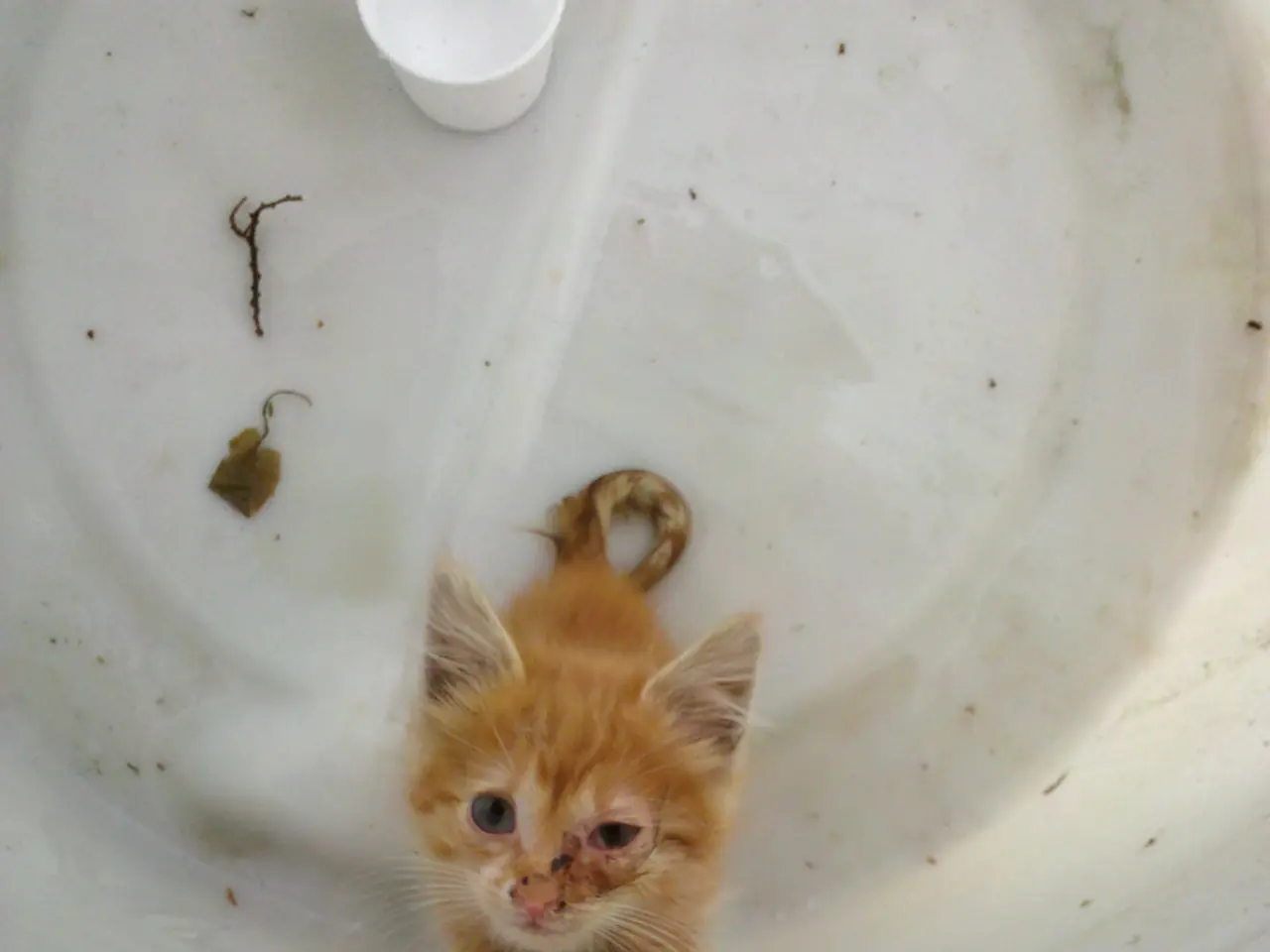Upgrade in Boiler Program Witnesses Record Expansion Yet Government Document Outlines Severe Financial Struggles for Homeowners
The Boiler Upgrade Scheme (BUS), designed to make low-carbon heating more accessible and affordable, has seen a significant uptake, according to a recent government report. However, persistent barriers continue to hinder its wider adoption.
The report highlights affordability, red tape, and workforce shortages as the main challenges. Despite these obstacles, the scheme has funded over 15,738 Low-Carbon Heat (LCH) system installations between May 2022 and September 2023.
Financial incentives, such as the availability of the BUS grant, have been a significant factor in driving uptake. Approximately 65% of homeowners stated that the grant was the primary reason for installing a heat pump. Yet, the high upfront cost of LCH systems remains a significant barrier, even with grant support.
Homeowners have reported high satisfaction with heat pumps, with 69% saying they would recommend the technology to others. Interestingly, 55% of homeowners stated that they would have been unlikely to install a heat pump without the heat pump grant, citing cost as a major barrier.
The majority of the installations were air source heat pumps replacing gas boilers in domestic properties, with properties that benefited from the scheme typically having four or more bedrooms.
While 11% of homeowners made formal complaints about their installation, most of these complaints were directed at installers rather than regulators. However, 74% were happy with the duration of the installation process, and 71% were satisfied with the level of disruption caused.
Despite these positive findings, 17% of homeowners were dissatisfied with the handover, feeling they received overly technical information without adequate guidance.
To address these challenges and make the BUS more accessible and affordable for a wider range of households, several policy reforms are needed. These include expanding eligible technologies, increasing grant funding and budget, simplifying and broadening eligibility criteria, increasing installer training and capacity, integrating planning and regulatory reforms, and promoting awareness and education campaigns.
Expanding to dual heating/cooling systems like air-to-air heat pumps is especially notable given emerging climate adaptation needs. The report found that installer businesses, mostly small firms, joined the scheme primarily to sustain operations rather than to expand.
With funding now extended until 2028, the report underscores the urgent need for these policy reforms to make low-carbon heating accessible to more households. The goal is to improve affordability and accessibility of low-carbon heating through the Boiler Upgrade Scheme, benefiting both the environment and homeowners.
[1] Government Consultation on Including Air-to-Air Heat Pumps in the Boiler Upgrade Scheme [2] Department for Business, Energy & Industrial Strategy (BEIS) Report on Boiler Upgrade Scheme [3] Warm Homes Plan: A Strategy for England in 2022 to 2030 [5] Planning Reforms to Facilitate Heat Pump Installations
- The primary challenge in the widespread adoption of the Boiler Upgrade Scheme (BUS) lies in affordability, red tape, and workforce shortages, as highlighted in the Department for Business, Energy & Industrial Strategy (BEIS) Report on Boiler Upgrade Scheme.
- Despite the high upfront costs of Low-Carbon Heat (LCH) systems remaining a significant barrier, even with grant support, approximately 65% of homeowners stated that the grant was the primary reason for installing a heat pump.
- The majority of reported complaints about heat pump installations are directed at installers rather than regulators, but 17% of homeowners were dissatisfied with the handover, feeling they received overly technical information without adequate guidance.
- To make the BUS more accessible and affordable for a wider range of households, policy reforms are needed, such as expanding eligible technologies, increasing grant funding and budget, and promoting awareness and education campaigns, as suggested in the Warm Homes Plan: A Strategy for England in 2022 to 2030.
- Expanding to dual heating/cooling systems like air-to-air heat pumps, in response to emerging climate adaptation needs, could potentially increase the appeal and accessibility of the Boiler Upgrade Scheme, benefiting both the environment and homeowners.



